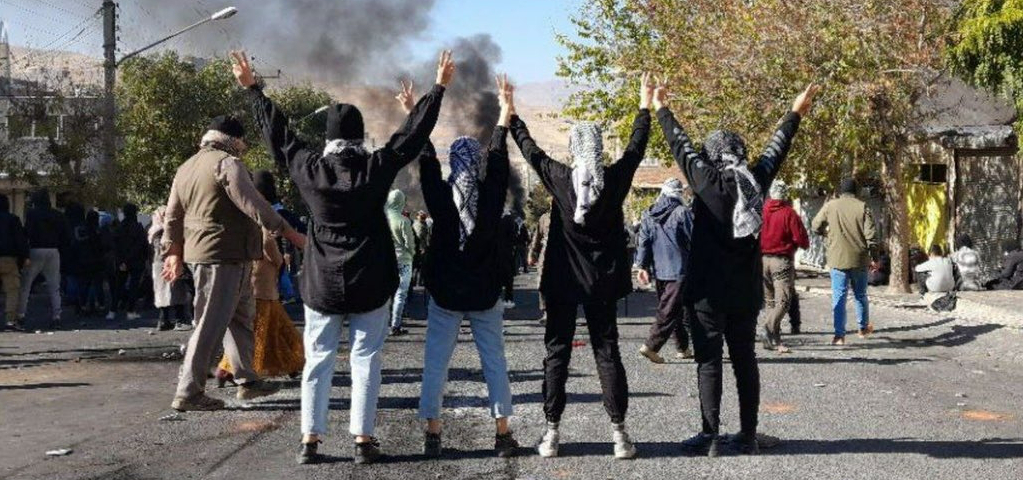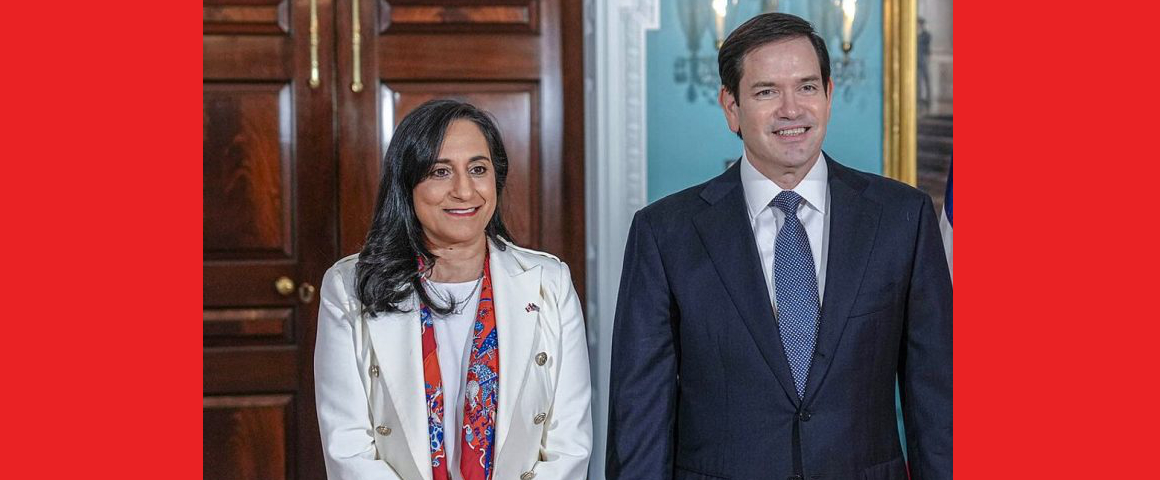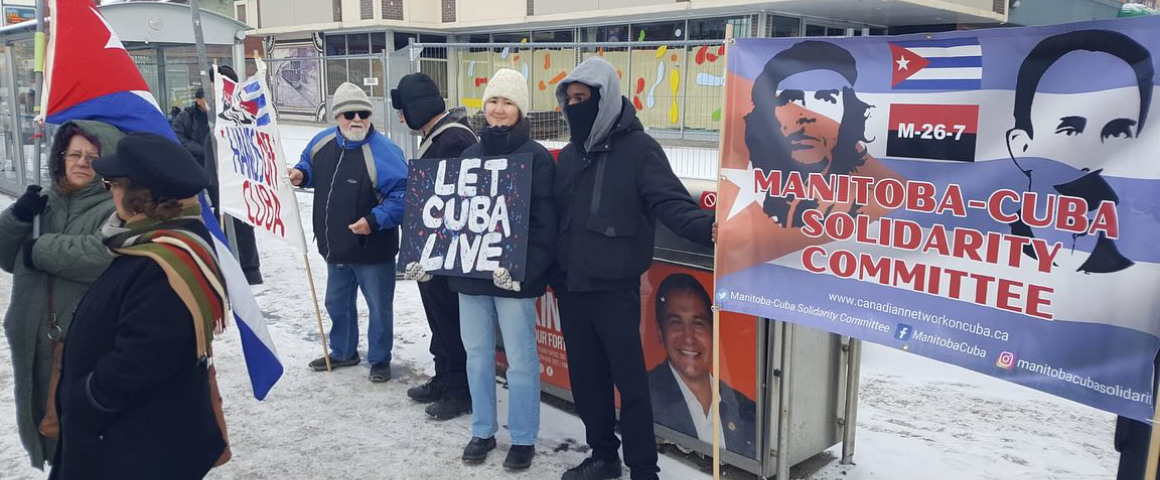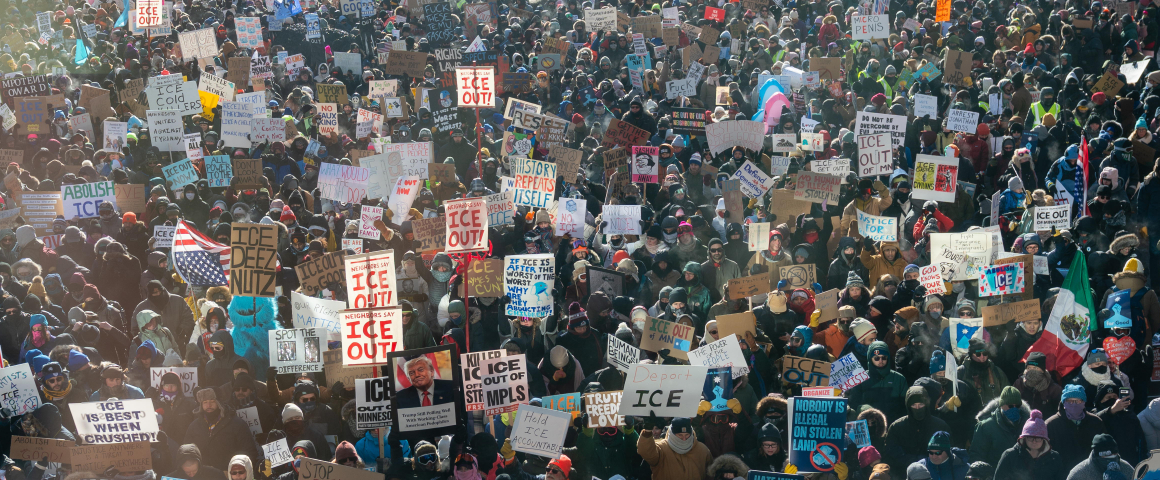The chants of “Death to the Supreme Leader” and “Death to Khamenei” which have been heard across Iran in recent weeks should undoubtedly be reminiscent of the cries of “Death to the Shah” that resonated throughout Iran in 1977 and 1978, in a movement that eventually led to the overthrow of the Shah’s police and anti-popular rule. Back then, just as now, the leaders of the Shah’s regime and its SAVAK intelligence agency labelled the many thousands of those who had taken to the streets to protest oppression and injustice – and who fell to the regime’s bullets – as “terrorists,” “foreign agents” and “rioters”, but eventually the storm of anger of millions of people overwhelmed the disgraced rule of the Shah and his regime.
Last week marked the third anniversary of the November 2019 uprising and the violent suppression of those popular protests. On Friday, November 15 of that year, a series of popular and anti-theocratic regime protests erupted across Iran, following another sudden rationing of gasoline in the country accompanied by a 200 percent increase in gasoline prices. Those protests occurred mainly in working-class areas and urban slums and reverberated across 29 of Iran’s 31 provinces and hundreds of cities nationwide. Hundreds of people were killed and injured in the criminal regime’s bloody suppression of those popular protests, with thousands more arrested and thrown into the regime’s dungeons or otherwise forcibly disappeared.
In recent days, amid the wave of mass popular protests that has entered its tenth week, bloody and violent encounters have taken place in various university campuses and cities around the country – including in Tehran, Shiraz, Arak, Ardabil, Marivan, Oshnavieh, Piranshahr, Malekan, Paveh, Sardasht, Kermanshah, Abadan, Mahabad, Bukan, Saqqez, Divandarreh and Khoy. In Mahabad especially, the protests were met with an all-out bloody attack by the Islamic Republic’s forces. The Kurdistan Human Rights Network reported the killing of 25 Kurdish people during the anniversary marking the November 2019 massacres on November 15, 16 and 17.
Thousands of the Islamic Republic’s repressive apparatus were mobilized to attack the protesters in Mahabad in a coordinated move, according to the various reports posted on social media as the event unfolded. Heavy gunfire could be heard all over the city. Initial reports and footage indicate that several protesters were killed and injured in the regime’s onslaught on civilians in Mahabad, and widespread power outages were caused affecting many areas of the city. All indications point to a military response on the part of the Islamic Revolutionary Guard Corps (IRGC) and other regime forces having been adopted in Mahabad.
Prior to the regime’s bloody onslaught against the people, carried out by its repressive mercenaries, Ali Khamenei, in his latest remarks, called the demonstrators “petty” and claimed that their protests could not possibly “harm the regime.” However, clearly fearful of the potential spread of the protests – especially the active participation of the working class in the popular protest movement – he added, “Until this hour, the enemy has been defeated, but the enemy has a ploy every day. And with today’s defeat, it is possible [to spread] to different strata of the society, such as workers and women – although the dignity of our honourable women and workers is such that they will not easily capitulate to the ill-disposed and will not be deceived by them.”
Before Khamenei made his remarks, his representative in Mashhad, Ahmad Alam al-Huda, reiterated the regime’s claim of a relationship between the protesters and the US and stated that, “the plan of the Americans in their recent plots is, on the one hand, to kill the people with assassins and thugs and, on the other hand, to infect them with prostitutes.” He added, “those who remove their headscarves and unveil their hijab to pleasure the US, should know that the US looks at them the same way as they did with the prostitutes of the coup d’état of August 19, 1953.” Of course, Alam al-Huda conveniently omits to mention that a significant part of the clergy at that time, including Ayatollahs Kashani and Behbahani, along with Sha’ban Jafari, were collaborators and assistants of the US-led coup of August 19, 1953 that overthrew Dr. Mohammad Mossadegh’s national government in Iran.
Ali Khamenei in his remarks, which indicated regime’s more than ever desperation and inferiority in suppressing popular protests in various cities of the country, essentially highlighted the regime’s greatest concern – namely the joining of workers and working people to these protests. The regime is fully aware that it is already facing a huge number of women and young people who, to paraphrase Marx and Engels, have nothing to lose but their chains!
Short-term, industry-specific and local protests and strikes in labour-reliant areas – such as the two-day strike of Esfahan steelworkers and, before that, the hunger strikes and protests by permanent workers of the country’s oil industry – can be considered signs of a shift by the working class towards a decisive confrontation with the dictatorship, despite all the difficulties and risks involved. The link between these growing labour protests and the potential strikes of small and medium-sized businesses is one of the main concerns of the regime’s leaders at present.
The theocratic regime’s widespread and bloody attack on protesting people in recent days undoubtedly underlines the regime’s coordinated and organized effort to intensify its repression and to silence, once and for all, the popular protests raging across the country. With the onset of some labour protests in a number of cities, the passionate solidarity of Iranians residing abroad with the courageous struggle of their compatriots, as well as the joining of other social groups including teachers, education workers and retirees to the movement, there are positive signs of a move towards a nationwide general strike that could play a crucially important role in countering the regime’s plan to bloodily suppress the popular protests. On November 18, the Coordinating Council of Iranian Teachers’ Trade Associations (CCITTA) strongly condemned the killing of innocent people – especially that of four innocent students, a retired education worker in Saqqez and all those cut down in the quest for “freedom and equality” – and reiterated its solidarity with a new wave of protest strikes by workers, students, businesses, bazaar merchants and the general public throughout the country. The CCITTA called upon all teachers, current and retired, and their students to shut down schools on November 20 and 21, and to refrain from attending classes, to commemorate the recent – and indeed all – victims of the massacre of the protesters over the last two months.
Meanwhile, in recent weeks, the government of Ebrahim Raisi has continued to aggressively implement an economic liberalization program at the expense of the interests of the majority of ordinary Iranian people. The result of such programs – and, in general, the economic and social policies of the theocratic regime – has been the massive growth in the rate of inflation along with an ever-widening gap between the basic living expenses and incomes of workers and all those making up the intellectual and manual labour force of the country. Additionally, most small and medium-sized businesses in Iran have been detrimentally affected by these policies.
In condemning the continued crimes of the theocratic regime against the crashing waves of protests by women, youth, workers and working people of the country, the Tudeh Party of Iran believes that the toiling strata of the nation, from the workers and other working people; the overwhelming majority of women of our homeland who have been the targets of oppression and humiliation by the regime’s leaders, and whose lives and destinies have been imposed upon by the regime’s inhumane and obsolete medieval laws for decades now; as well as the millions-strong ranks of unemployed people, generally composed of the country’s long-suffering youth, can finally throw the more-than-ever weakened rule of the Islamist jurists into the dustbin of the history – just as they did with that of their imperial predecessors – and open the way for the establishment of a national and democratic government. Along with other patriotic and progressive forces of the homeland, the Tudeh Party of Iran stands with this great popular uprising and will confront, with all its might, any designs for external intervention and the imposition of reactionary alternatives to those demanded by our nation’s popular movement.
The Tudeh Party of Iran calls upon all progressive forces and advocates for peace and freedom in the world, especially communist and workers parties and advocates of socialism, to declare their solidarity with the Iranian people’s struggle and to support its legitimate objectives by sending letters of protest to the Iranian government’s embassies in all countries, as well as to the heads of the judiciary, demanding an end to the criminal attacks on protesters, as well as openly calling upon the regime’s leaders and agents to release all of those arrested over the last three months of the protests.
Freedom for all political and trade union prisoners, and prisoners of conscience!
Workers and working people of Iran, strengthen the popular uprising by broad united action and the organizing of strikes!
Forward to the link-up of the workers’ protest movement with the strikes of small and medium-sized businesses, student protests, and the struggles of the united and determined women of Iran!
Forward to the preparation and organization of labour strikes and a general strike!
Forward to the building of a broad anti-dictatorship front to establish freedom, peace, independence, social justice and the establishment of a national and democratic republic!
– Tudeh Party of Iran [Photo: codir.net]
Get People’s Voice delivered to your door or inbox!
If you found this article useful, please consider subscribing to People’s Voice.
We are 100% reader-supported, with no corporate or government funding.




